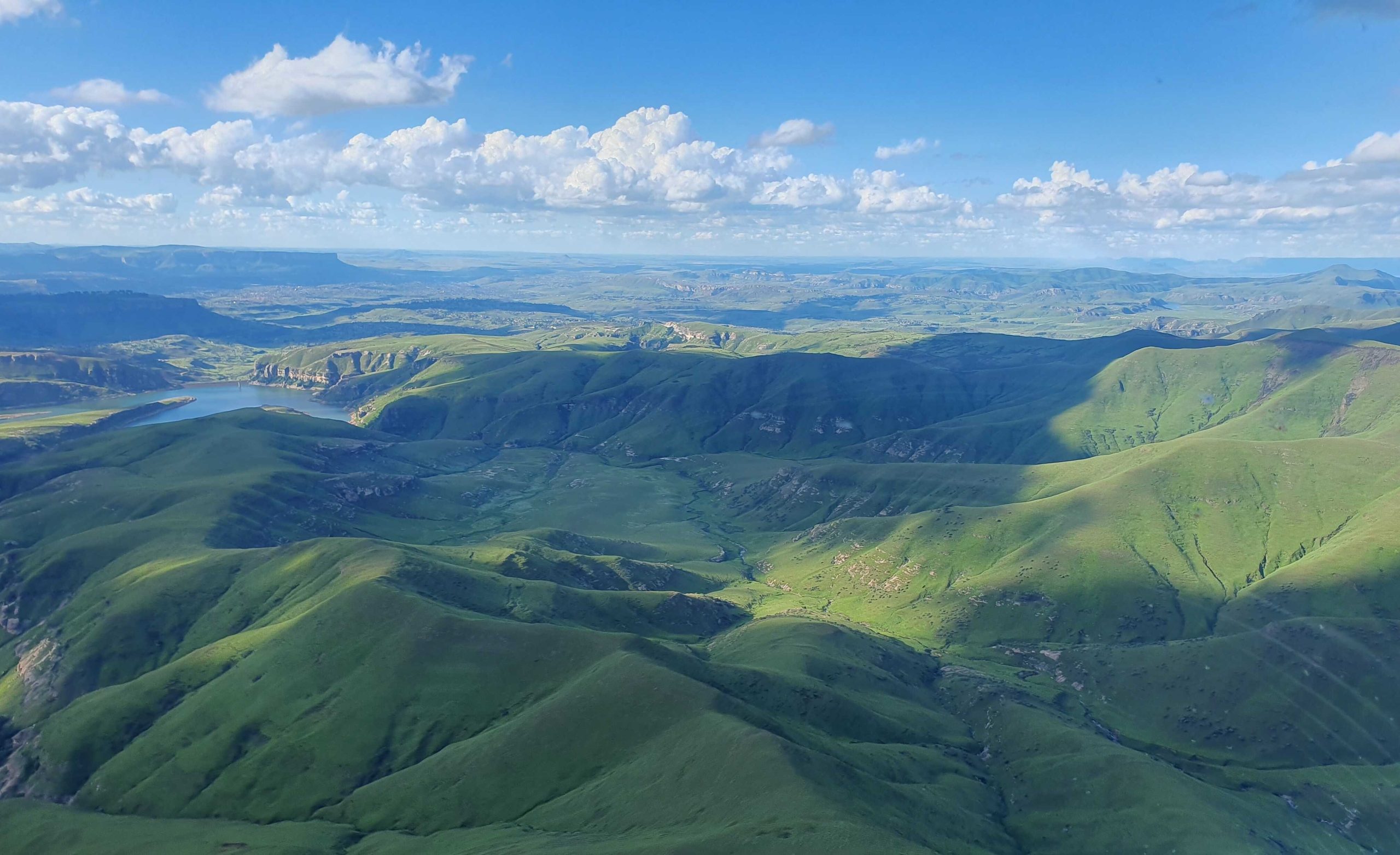Background
Mountain grassland ecosystems support a wide range of ecosystem functions and services, including provisioning services via grazing pastures for wild and domesticated herbivores, supporting services, especially clean water and carbon sequestration, and cultural services through supporting traditional livelihoods. World wide, alpine
ecosystems have traditionally been managed as communal rangelands inhabited by indigenous people and local communities (IPLC) who depend on sustainable management of their natural resources, for example through pastoralism. Alpine ecosystems and the people living in them and depending on them are now threatened by multiple global change drivers including land-use change, climate change, pollution, and invasive alien species.
Because traditional livelihoods in mountain systems world wide have developed under similar sets of environmental constraints (alpine climates, low productivity, steep elevation gradients), their traditional land-use systems share broad similarities (e.g., sustainably managing extensive grazing resources, water resources). Our working hypothesis is that these similarities offer opportunities for comparative approaches across mountain regions globally to assess more generally how to mitigate global change impacts on mountain grasslands and sustainably manage these resources in the future. NaturRA leverages long-term research collaborations and collects new data in two globally important social- ecological systems in the mountains of Norway and South Africa. The overarching objective of the NatuRA project is to generate new knowledge on how mountain grassland ecosystems and their natural resources
have been traditionally and are currently managed, how they are now affected by global changes and changes in management practices, and then use this knowledge to co-develop nature-based solutions with local stakeholders to sustainably safeguard these social-ecological systems and livelihoods under global change.
Opportunities for master students
The rangelands of the northern Maloti-Drakensberg mountains in South Africa (ZA) and Lesotho, and the trans-humance-based grazing systems in the fjord landscapes of Western Norway are based on traditional extensive land-use practices on communal rangelands, dating back centuries. They are now rapidly changing due to technological, economic, demographic, and cultural changes, resulting in both intensification or abandonment of traditional land-use systems. We want to get a better understanding of natural resources such as grazing as well as biodiversity along elevational gradients in mountain grasslands in South Africa and Norway.
The work includes fieldwork both in Norway and South Africa, collecting ecological data related to grazing and biodiversity in grassland vegetation.
Potential ideas are:
- Assess plant productivity, grazing pressure, and forage quality along an elevational gradient
- Study plant functional grazing traits along an elevational gradient
- Survey invertebrates diversity along an elevational gradient, potential indicators for ecosystem health
Supervisor
Aud Halbritter: aud.halbritter@uib.no

